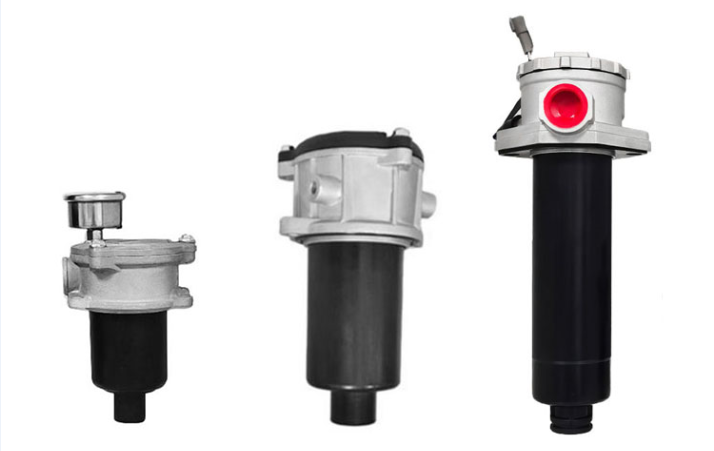When choosing a filter, factors that need to be considered include the model and specification of the filter, installation method, use environment and product quality. Choosing the right filter is crucial to protecting the engine, improving vehicle performance and reducing maintenance costs. Here are a few aspects to pay attention to when choosing a filter:
1. Model and specification of the filter
(1) Match your car
Make sure the model and specifications of the filter you choose match your car. Different engine models have different requirements for air flow and filtration efficiency, so choosing the right filter for your model is crucial to the proper operation of your engine.
(2) Follow manufacturer recommendations
Check the vehicle manufacturer's recommendations and regulations to ensure that the size, shape and performance of the filter meet the manufacturer's standards. The wrong choice can result in warranty issues or reduced engine performance.
2. Installation method of the filter
(1) Correct installation
Ensure that the filter is installed correctly and securely to avoid air leakage or clogging problems caused by improper installation. Improper installation may result in insufficient air flow and affect engine performance.
(2) Check the relevant parts
After replacing the filter, check and adjust the relevant parts, such as the air flow meter, intake manifold, etc., to ensure the normal operation of the entire intake system.
3. Use environment of the filter
(1) Environmental conditions
Consider the environmental conditions you normally drive in. Different environments, such as urban roads, highways or rural roads, have different requirements for filters. For example, filters may need to be changed more frequently in dusty environments.
(2) Climate impact
Regional climate (such as humidity, temperature) will also affect the choice of filter. In wet or rainy areas, it may be necessary to choose a filter with waterproof function.
4. Product quality of the filter
(1) High quality filter material
Choose a filter with guaranteed quality and avoid using inferior products. High-quality filters can more effectively filter impurities in the air and protect the engine from damage.
(2) Brand reputation
Choosing products from well-known brands can usually ensure product quality and after-sales service.
5. Maintenance and replacement cycles
(1) Regular replacement
Filter replacement cycle depends on mileage and driving environment. Replace the filter regularly according to the manufacturer's recommendations and actual use to maintain the best performance of the engine.
(2) Inspection and cleaning
Check the cleanliness of the filter before replacing it. If the filter is not particularly dirty, it can be cleaned to extend its service life.
6. Price and cost performance of the filter
(1) Reasonable price
Choose a reasonably priced filter, but should not sacrifice product quality. Compare the prices of different makes and models to find the best value option.
(2) Long-term costs
Considering long-term maintenance costs, choosing filters that provide continuous protection and a longer replacement cycle can reduce overall expenses.
7. Accessory compatibility
Ensure that the selected filter is compatible with other accessories (such as air flow meters, intake manifards, etc.) to avoid performance problems due to mismatches.
8. Environmental factors of the filter
Choose filters made of environmentally friendly materials to reduce your environmental impact.

